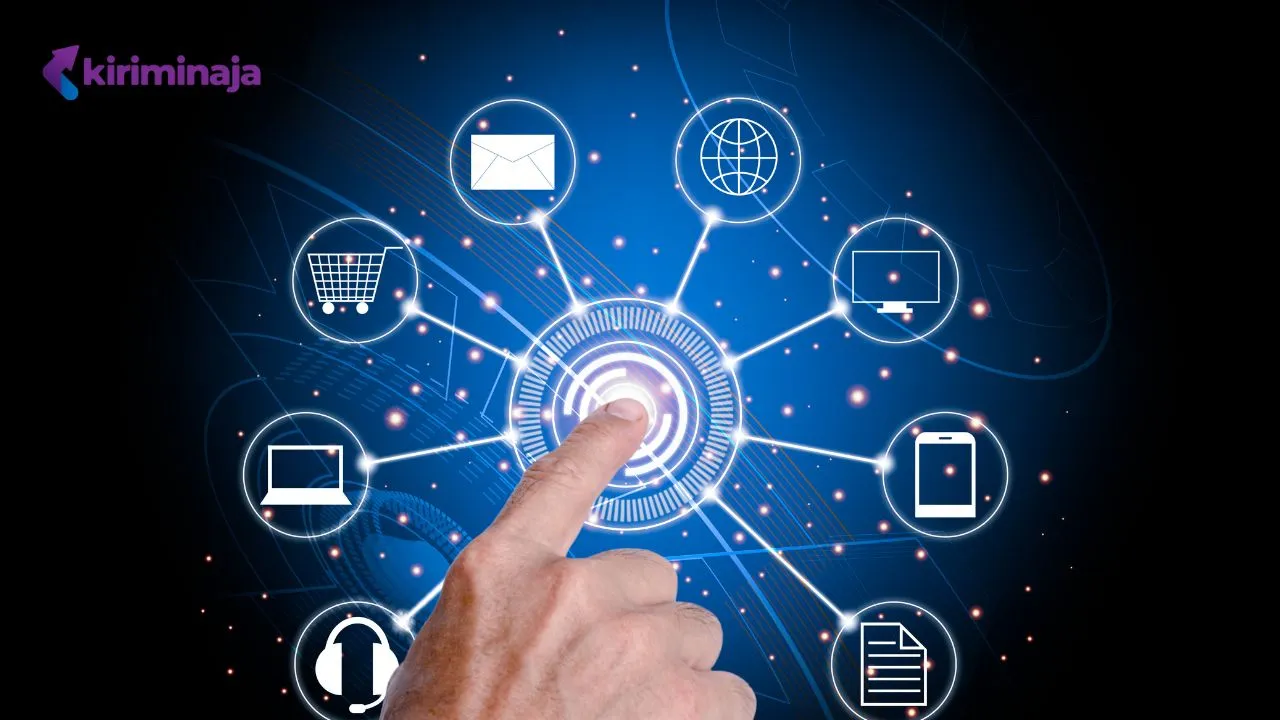Empowering Economies Blockchain’s Global Revolution
Empowering Economies: Blockchain’s Global Revolution
In an era defined by rapid technological advancements, blockchain has emerged as a transformative force, breaking traditional barriers and fostering a global revolution. This distributed ledger technology, once synonymous with cryptocurrencies, has now transcended its origins, offering a myriad of applications across industries. Let’s delve into the profound impact of blockchain on a global scale.
Unleashing Decentralization: The Rise of Global Blockchain
At the heart of blockchain’s global influence is its ability to usher in decentralization. By eliminating the need for intermediaries, this technology empowers individuals and businesses alike, providing a direct peer-to-peer network for transactions. The rise of decentralized finance (DeFi) platforms has democratized financial services, granting access to a global audience without relying on traditional banking structures.
Borderless Transactions: Blockchain’s Global Impact
Blockchain’s most touted advantage lies in its capacity to facilitate borderless transactions. The decentralized nature of the technology transcends geographical constraints, allowing seamless and secure cross-border transactions. Whether it’s sending funds or executing smart contracts, blockchain eradicates the delays and complexities associated with traditional financial systems, contributing to a more connected global economy.
Bridging Nations: Blockchain’s Worldwide Integration
As blockchain gains momentum, it serves as a bridge between nations, fostering worldwide integration. The technology’s transparency and security features enhance trust in global transactions, promoting international collaboration. Supply chain management, for instance, benefits from blockchain’s ability to trace and verify the origin of products, ensuring ethical and efficient trade practices.
The Future Unchained: Global Transformations with Blockchain
Looking ahead, blockchain holds the key to unlocking unprecedented global transformations. From healthcare to education, industries are exploring innovative applications. In healthcare, patient records stored on a blockchain can streamline data sharing among institutions, leading to more efficient and accurate diagnoses. Similarly, the academic sector is experimenting with blockchain to verify credentials, reducing fraud and ensuring the authenticity of qualifications.
Beyond Borders: Blockchain’s Pervasive Global Influence
Blockchain’s influence extends far beyond financial sectors. Governments are exploring its potential for secure voting systems, protecting the integrity of democratic processes. Additionally, the real estate industry is embracing blockchain to streamline property transactions, reducing the need for extensive paperwork and minimizing the risk of fraud. This pervasive influence underscores blockchain’s capacity to redefine how societies function on a global scale.
Navigating the Global Ledger: Blockchain’s Frontier
As blockchain navigates the global ledger, its impact is felt in diverse sectors. From energy trading to intellectual property management, blockchain’s immutable and transparent nature addresses longstanding challenges. In the energy sector, blockchain facilitates efficient and transparent energy trading, enabling consumers to directly engage in peer-to-peer transactions. Meanwhile, the protection of intellectual property rights is bolstered by blockchain’s ability to timestamp and authenticate digital assets.
Pioneering a Global Paradigm: The Blockchain Frontier
Blockchain pioneers a new global paradigm, challenging traditional notions of centralized authority. Smart contracts, self-executing agreements with the terms directly written into code, automate processes and reduce the need for intermediaries. This not only expedites transactions but also minimizes the potential for errors or disputes, fostering a more reliable and








